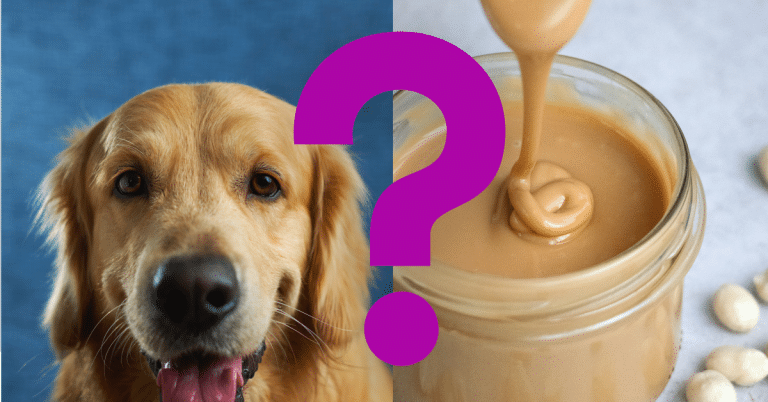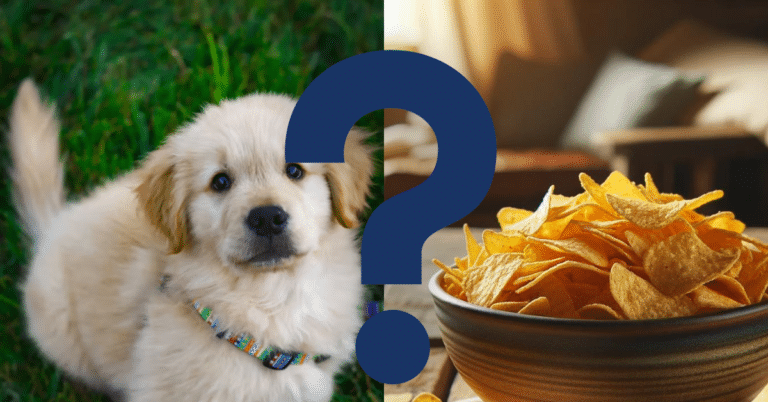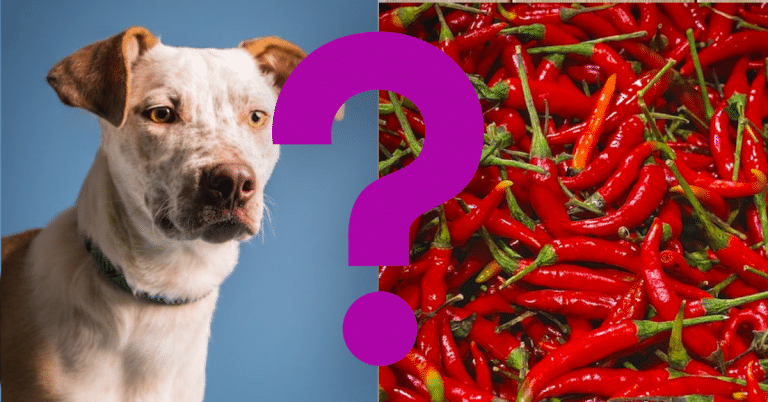Can Dogs Eat Watermelon? A Vet’s Opinion

Watermelons are vine-grown fruits famed for their luscious flesh and firm rind. But can you feed watermelon to your dog?
Dogs can eat watermelon in moderation. It is high in water, fiber, and vitamins. However, the seeds and rind must be removed because they can create stomach difficulties or obstructions. Furthermore, the high sugar content of watermelon might cause stomach distress or diarrhea if ingested in significant quantities. Always introduce new foods gradually into your dog’s diet, and check with your veterinarian if you have any concerns about your dog’s nutrition or health.
Benefits Of Watermelon For Dogs
When served in moderation, watermelon can provide various health benefits to dogs. Here are some potential advantages:
Hydration
Watermelon is more than 90% water, so it can help keep your dog hydrated on a hot day or after an activity.
Fiber
Watermelon includes fiber, which can help with digestion and encourage regular bowel motions.
Vitamins And Minerals
Watermelon is high in vitamins A, B6, and C, as well as potassium and magnesium, all essential for optimum health.
Low-Calorie Treat
Watermelon is a low-calorie snack that can be used as a healthy substitute for high-calorie, high-fat dog treats.
Antioxidant Properties
Watermelon contains antioxidants like lycopene, which may help protect against certain cancers and other ailments.
However, while watermelon has some health benefits, it should never be used in place of a balanced and comprehensive meal designed expressly for your dog’s nutritional needs. Furthermore, as previously said, removing the seeds and rind is critical to avoid any potential digestive difficulties or obstructions.

How To Safely Give Watermelon To Dogs
Here are some guidelines for providing watermelon to dogs safely:
Remove the seeds: Because watermelon seeds can cause digestive difficulties or obstructions, they must be removed before feeding watermelon to your dog.
Remove the rind: The watermelon’s hard rind might create digestive troubles or obstructions, so be careful to remove it.
Cut into small pieces: To keep your dog from choking, cut the watermelon into small, bite-sized pieces.
Introduce new foods gradually: When adding new foods to your dog’s diet, start with modest amounts and gradually increase over time.
Watch for adverse reactions: For signs of an upset stomach, such as vomiting or diarrhea. If you see any adverse effects, discontinue the watermelon and visit your veterinarian.
Watermelon has certain health benefits, but it should be given in moderation as part of a balanced and comprehensive diet designed precisely for your dog’s nutritional needs. Due to the high sugar content, overeating watermelon might cause stomach distress or diarrhea.
Following these guidelines, you may safely offer your dog watermelon as a delightful and healthful treat.
Will Watermelon Make A Dog Sick?
Watermelon can make a dog sick if fed in excess or not adequately prepared. Watermelon seeds and rind can create digestive difficulties or blockages in dogs, so remove them before feeding watermelon to your dog. Furthermore, feeding too much watermelon might cause gastrointestinal discomfort or diarrhea due to its high sugar content. If you detect any symptoms of a stomach upset, such as vomiting, diarrhea, or loss of appetite, discontinue feeding watermelon and check with your veterinarian.
When consumed in moderation and properly prepared, watermelon is generally safe and may even give some health advantages to dogs.
Can dogs eat watermelon variations?
Dogs can eat most watermelon as long as adequately cooked and eaten in moderation. Watermelon varieties include seedless watermelon, golden watermelon, and tiny watermelon.
If you feed your dog seedless watermelon, remove any residual seeds, which might cause intestinal troubles. Yellow watermelon is healthy to feed to dogs and contains minerals such as beta-carotene. Mini watermelons are also safe for dogs. However, the serving amount should be adjusted to your dog’s size and nutritional needs.
Regardless of the kind, removing the rind before feeding watermelon to your dog is critical since it can be challenging to digest and may create digestive issues or blockages.

Vet’s Summary
Watermelon is generally safe to feed dogs and may even provide health advantages such as hydration, vitamins, and antioxidants. However, it is critical to properly prepare the watermelon by removing the seeds and rind and to consume it in moderation to avoid stomach troubles caused by the high sugar content. Watermelon in various forms, such as frozen cubes or pureed watermelon blended with their diet, may also benefit dogs. It is best to check with your veterinarian if you have any concerns or detect any adverse responses.
Probiotic supplements can be an excellent addition to a dog’s diet, particularly if the dog suffers from digestive disorders or has a weaker immune system. Probiotics are live microorganisms that help benefit gut health, digestion, and immune system function. However, selecting a high-quality probiotic supplement created exclusively for dogs is critical, and adhering to the suggested dosage based on their size and health needs is critical. Introducing probiotics gradually and evaluating their reaction to avoid adverse effects is also critical. Always with your veterinarian before beginning any new supplements or making any dietary changes for your dog.
Videos To Watch
If you are wondering what related foods are good to give your dog, watch this:
And if you want to know what a dog can NOT eat, watch this:






